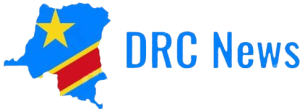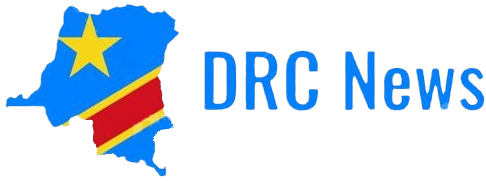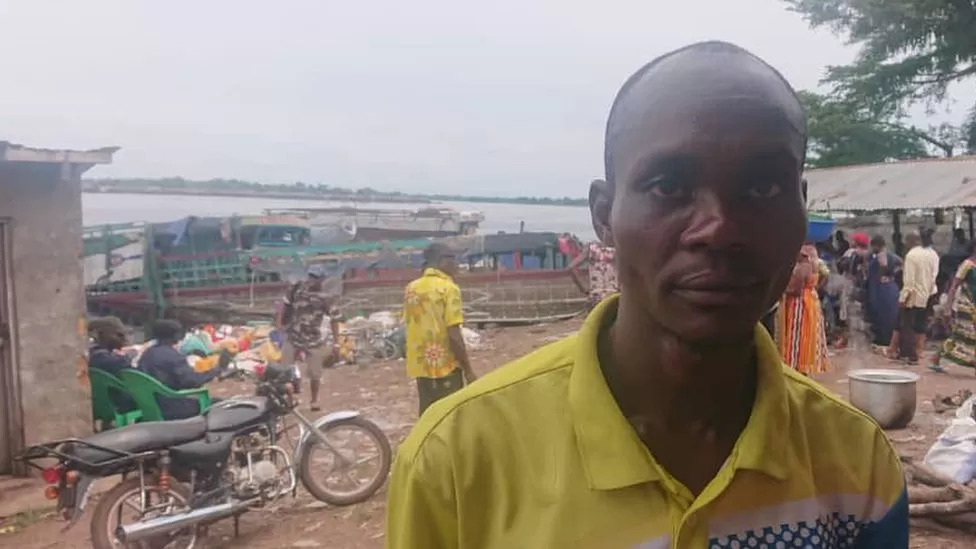Some of the 189 people rescued after a boat capsized in the Democratic Republic of Congo have told the BBC how they managed to survive.
“All my body was under the water, except my head. I clung to a wooden part of the boat until some people arrived with a canoe to save me,” said Korami Mopole.
More than 40 bodies have been recovered so far, while rescue workers are searching for 167 people still missing.
The boat was reportedly overloaded.
There were more than 300 passengers and cargo on board as it travelled along the River Congo, said a civil society group involved in rescue and recovery efforts.
Another survivor of Friday’s tragedy, Michael Busakasa, told the BBC that shortly after the boat left the port in the city of Mbandaka on Friday evening, the crew noticed that the weight was unevenly distributed.
They started moving cement bags to try and balance it. But this didn’t work. Then a canoe that the boat was carrying was removed and “immediately the boat started to sink”, he said.
Mr Busakasa, his mother and sister were taking their father back home after he had been in hospital.
All survived.
“I don’t know how to swim, but my father, my mother and myself were all at the front, at the entrance – that part was still floating and that’s what saved us with the help from people who came to our rescue.”
Boats are a common mode of transport in DR Congo because of the lack of roads.
However, boat accidents are frequent due to overloading, a lack of maintenance and travelling at night.
Many passengers also do not wear life jackets.
Officials say that the boat was sailing at night in breach of safety regulations.
Prominent DR Congo opposition leader and presidential candidate in December’s election, Moise Katumbi, said he was saddened by “this tragedy”.
He said it was a “direct consequence” of the government “which tolerates the overnight navigation of dilapidated and overloaded boats”.
UN-linked Radio Okapi reports that the provincial government of Equateur, where the accident happened, said it would provide psychological support for children who were injured in the accident and lost their parents.
The radio station said that more than 40 bodies had been so far recovered but the local civil society organisation, Conscious Generation, said that the number was 50.
A survivor told Radio Okapi that the boat, which had left the city of Mbandaka for the Bolomba area in the north-western Equateur province, stalled and lost balance due to overcrowding.
While the crew attempted to rebalance the boat, it overturned with the passengers and cargo before sinking, the survivor added.
On Sunday, the vice-governor of Equateur province provided body bags and coffins for the burials of some of the victims.
CREDIT: BBC


